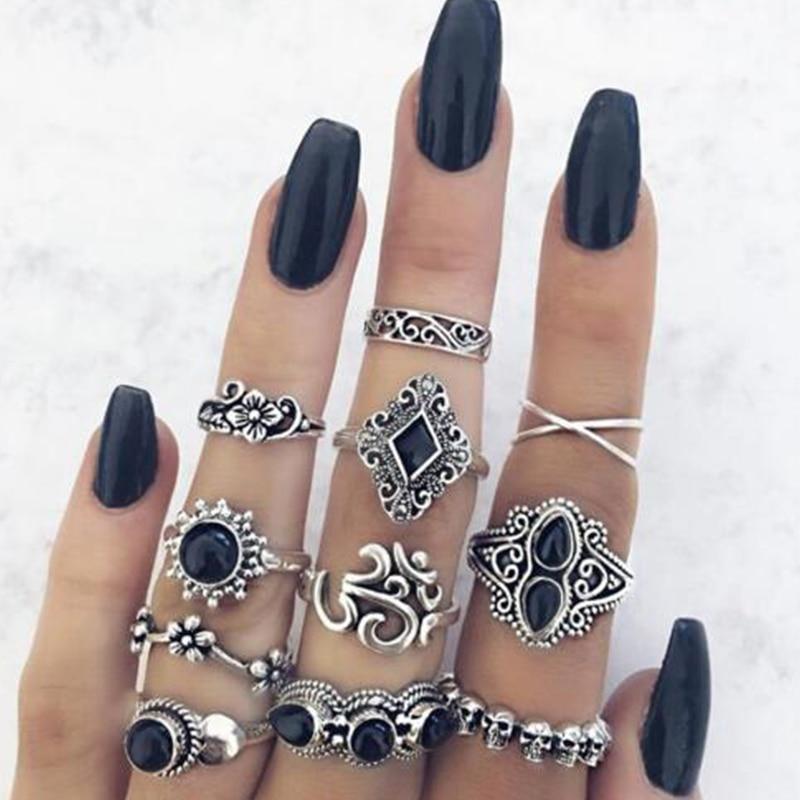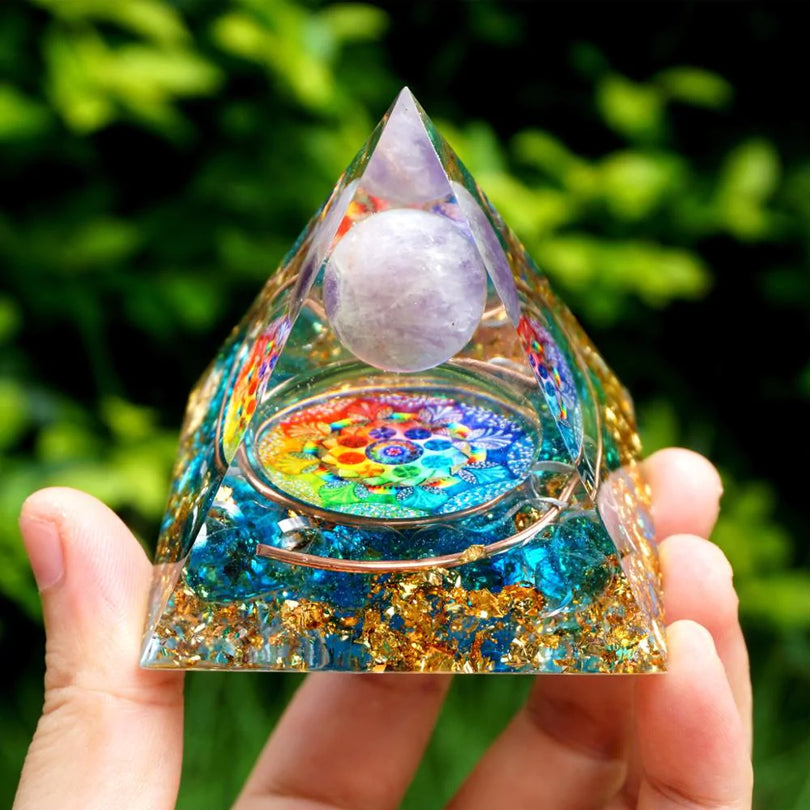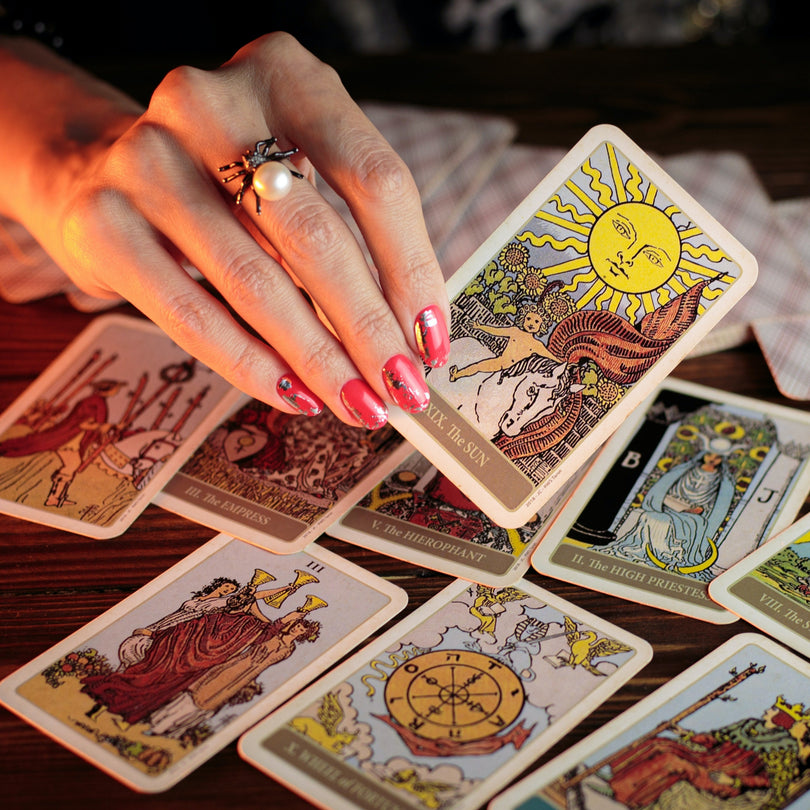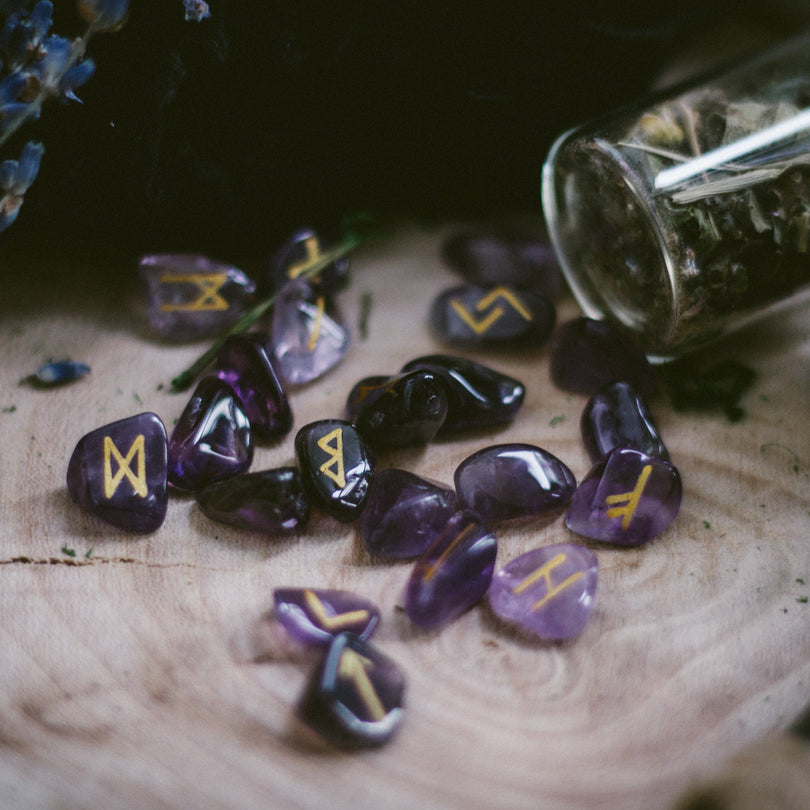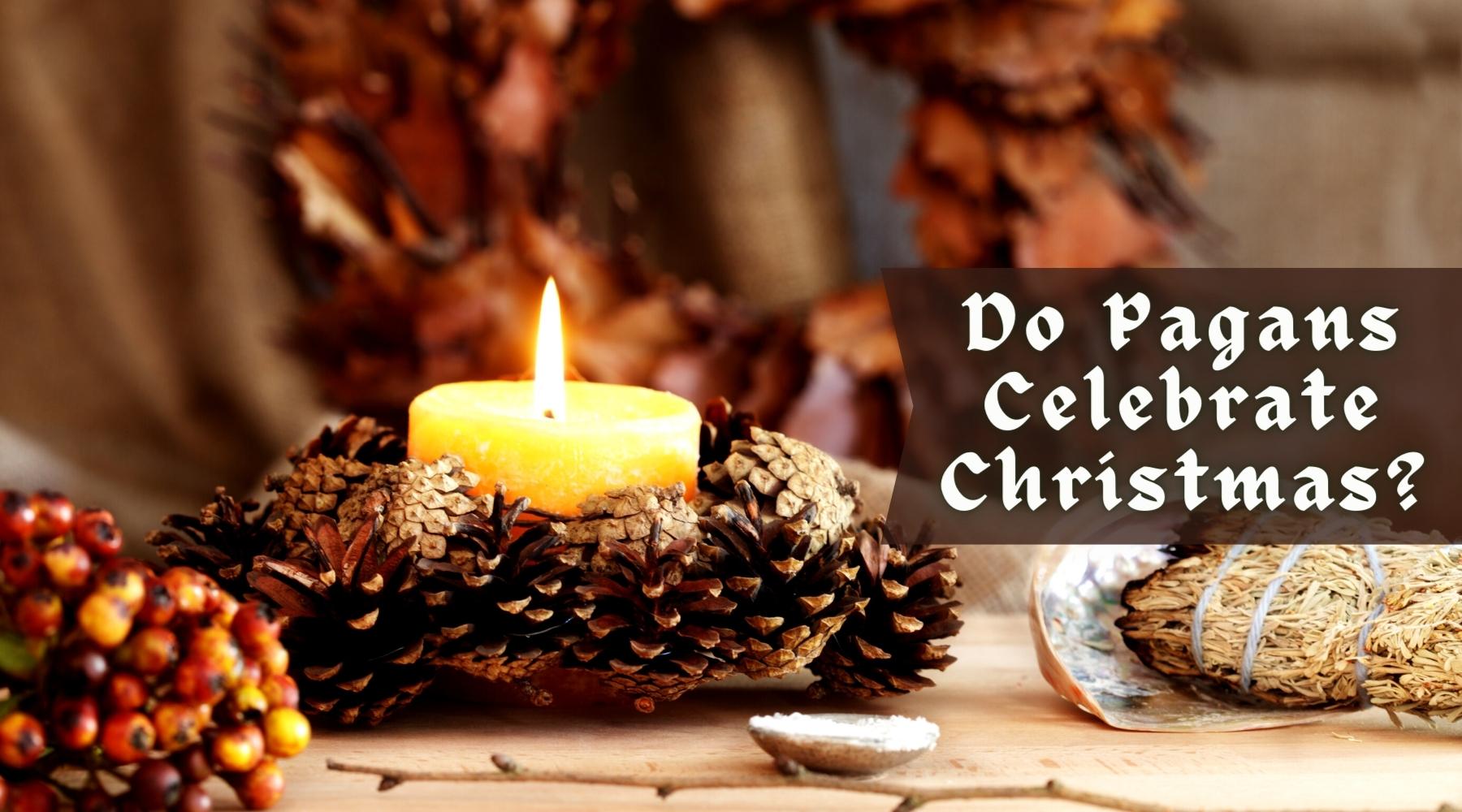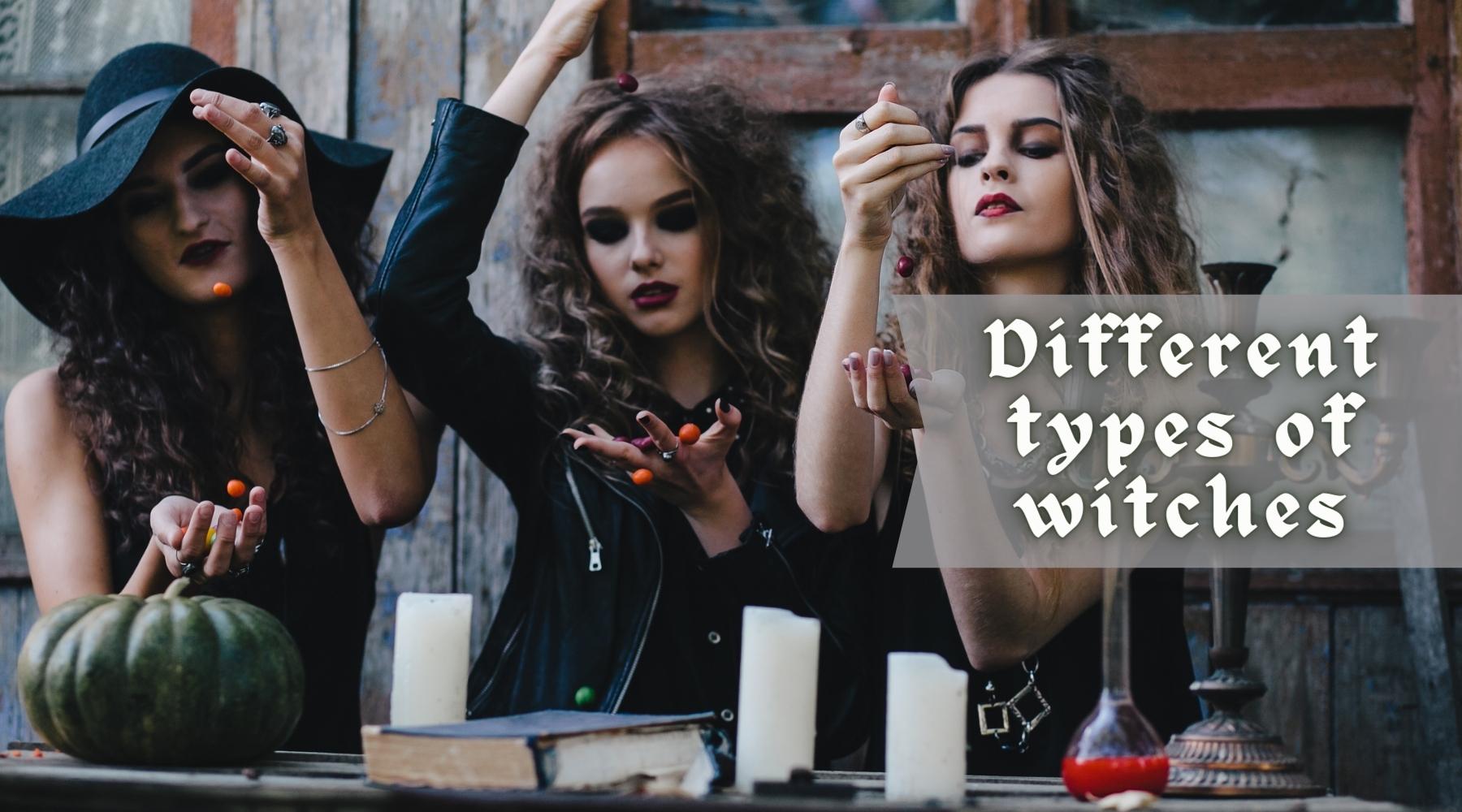A complete guide to divination
While it's sometimes described as ‘one of the great magics’ the word ‘Divination’ does not actually refer to a single practice or system, but is rather an umbrella term used to describe an immensely wide and varied collection of customs, superstitions and ritualized practices, and when I say ‘wide and varied’ I mean it.
Practices falling under the heading of ‘divination’ run the gamut all the way from more familiar forms like tarot reading, palmistry and astrology, to perhaps somewhat less well known practices like the reading of portents in the livers of sacrificed animals (no, really) and even phallomancy, which you can look up in your own time, but maybe not on your work computer.
What counts and what doesn’t and what are the different types and purposes of divination? In this post we’ll answer a few of these questions and offer a beginners guide to divination as an overarching concept. If however you’re eager to get cracking on some divination methods without all the background, be sure to check out our posts on the tarot and casting of runes which you can find here. You can always come back to the overview later or ask about it whilst communing with the divine.
So, what is divination?
Essentially what unites this diverse array of ritual methods and what makes them all count as ‘divinatory practices’ is a common focus and conviction. Namely, the belief that through the use of instruments and formalized procedures they can communicate with a source of knowledge beyond the mundane and that this communication can grant some insight, guidance or advice on past, present and even future events.
As Phyllis Curott founder of the Ara tradition in Wicca puts it “That's what divination is. It's a means of engaging in dialogue with divinity… You have a guidance system. A sacred, holy guidance system. The divine is available to you. You don't have to go through a priest or a priestess or anybody else to know what the sacred is and to know how to work by the sacred, how to be guided by it. Divination is the tool that enables you to have the guidance of the divine”. In short, divination is, as the anthropologist P. Curry describes it “constituted by, and constituting, an ongoing dialogue with more-than-human agents”.
Basically, the manifold and multiple forms of divination are just like folks having different types of cellphones. Whether you have an ancient Nokia the size of a house brick or the latest ‘Apple-I-phone -thingmawhatsit-7’ that costs as much as a house, when you make a call to a specific number, no matter what phone you have, it's going to the same place.
In the case of divination no matter what the specific methodologies of the practice are, it counts as divination as long as the aim is the same, that is, communication with the divine, through ritual practice to give the seeker a clearer way of seeing things.
What can Divination tell you?
In terms of the types information that can be gleaned from such communion with these ‘non human agents’ the anthropologist Diana Espírito Santo describes it as a as a “means of arriving at answers to a personal or social quandary” characterizing the information received as either diagnostic, forecasting or interventionist. “Divination may be diagnostic, in that it offers advice, guidance, rules, and taboos to be followed. It can also be forecasting, by predicting future events, and it may even be interventionist, by intervening in the receptor’s spiritual and physical health or indeed in their destiny.”
In other words, divination can tell you what you should or shouldn’t be doing (diagnostic) can tell you about what is likely to happen in the future (forecasting) and may even help you act to change what could happen in the future before it’s too late (interventionist).
In these last two purposes, we see a clear link to the etymology of the word ‘divination’ itself which comes from the latin ‘divinarie’ meaning to ‘foresee’ or to ‘foretell’. It is worth mentioning at this point however that divination is often seen as distinct from simple ‘fortune telling’ because it is defined by the presence of a ritual or formalized practice preceding the advice.
Basically, if you’re just seeing the future or telling fortunes without actually ‘doing’ something or participating in a process or method like casting bones, reading runes or brewing tea to read the leaves then it doesn’t really count as divination (though some argue that in specific cases the body itself can be used as an instrument or ‘thing’ that takes part in the practice).
Oracles and Seers
Another distinction worth making when talking about insights into the future through divine communication is the difference between an ‘oracle’ and a ‘seer’. In Greek antiquity (yes, divination has some very old roots) this was a very clearly marked distinction, as an oracle was someone who was thought to directly speak the words of the gods, expressing their will clearly and word for word, like a prophet or a sort of divine ventriloquist dummy.
By contrast a seer was someone who would only interpret the signs given by the gods and explain what was meant, like one of those annoying English teachers who waffles on about how the blue chair in the poem ‘signifies the poet’s childhood sadness’. As you might imagine orcales were considered far rarer and were consulted far less often than seers.
Speaking of seers, they would find signs in all kinds of peculiar places, including in the patterns of birds movements and, as mentioned above, by consulting the entrails and particularly the livers of sacrificed animals.
Are sacrifices necessary?
The particular form of divination known as extispicy (which sounds like the pleasure derived from eating chili) and more specifically haruspicy was conducted by a seer known as a ‘haruspex’ and placed great emphasis on the requirement for sacrifice in order to gain a response from the gods.Thankfully most modern notions of divination have done away with the need for sacrifice before beginning the practice.
Divination in History
Now, we are not just dwelling on this rather gruesome form of divination like a tabloid newspaper because it sounds titillatingly sensational, but because it actually was one of the most widespread and respected forms of divinatory practice in the Greek, Roman, Etruscan and Hittite civilisations, as well as being a big thing for the Babylonians, whose use of the method was so well known that it ended up being mentioned in the bible, whilst the British museum has clay lambs livers from Babylon used in this practice that date back to between 1900 and 1600 BC. Like I said, divination had been around a long time.
We know for example that in Ancient Egypt divination was practiced in combination with astrology and that there was an entire class of priests dedicated to the practice of oneiromancy, that is the interpretation of messages through the contents of dreams. In fact an Egyptian magician would “seek to procure dreams for his clients by such devices as the drawing of magic pictures and the reciting of magic words, and some of these are still extant”.
Interestingly, as early as the 1st century BC divinatory practices were already being compared and classified, with no less an authority than Cicero commenting on the different ways that such rituals could be categorized. In fact, the distinctions he drew up are still seen as useful and relevant today.
Inductive vs Intuitive Practices
According to Cicero divination practices can be broadly divided into those that are inductive and those that are intuitive, with modern scholars tending to add the third classification of interpretive to capture practices that might be a little of both. Why is this relevant? I hear you cry. Well, depending upon which category the type of divination falls into, it may or may not be useful to you only if you have some rather special gifts. Practicing the intuitive method of clairaudience (hearing spirits) without any special talents for example, would basically just be you in a room listening to nothing, which is likely to get very boring very quickly.
To break it down further: Inductive divination is the most egalitarian category in that anyone can participate in these methods, try them for themselves and expect a fairly clear answer. Rituals falling into this category are based on cause and effect, result and outcome types of processes where each possible result is said to correspond to a fixed outcome or answer, that doesn’t vary or require interpretation.
If for example you were to participate in the Taiwanese divination practice known as ‘The Poe’ or moon boards in which two crescent shaped wooden blocks are cast, with their falling placement showing answers either as yes or no, then there isn’t much room for interpretation. If it falls one way it's a yes, the other a no. In between? Throw again. No need for psychic abilities to interpret the answer.
Essentially, in this type of divination the result is the result, it doesn’t matter who you are, if you get that particular outcome then it means the same thing every time. When a particular outcome is achieved “it is supposed that all proper diviners would come to the same conclusions about them.”
By contrast, intuitive divination is divination that can only really be carried out by someone with a special ‘intuitive’ gift, which obviously makes it a little less easy to practice at home. Whilst you can still consult with someone blessed with these gifts, or may be have a go at developing these gifts yourself, a lot of the result will depend upon what the intuitive participant can see in the signs, making it more supernaturally subjective than the more objective inductive type.
Interpretive Divination
Finally there’s Interpretive divination, a class for those practices that mix the two types or can be seen to sometimes fall into both categories. These are the forms of divination that could feasibly be done or learnt by anyone, but which are sometimes said to be the reserve of those with an intuitive gift. A good example here would be Tasseography (from the french meaning ‘cup’ and greek meaning writing) also sometimes known as tasseomancy which is the reading of tea leaves.
This practice in which the patterns discerned in the tea leaves left in the bottom of a cup give indications about the future (and which closely related to interpretation of coffee grounds popular in Turkey), could be seen as inductive, because there are printed sheets that will show you how certain patterns correspond to certain outcomes or messages.Pattern one that looks like a dog’s leg means that you will go on a journey etc.
An example of this could be seen in the book ‘A Practical Guide to Tea Reading’ by someone calling themselves ‘A Highland Seer’ which features illustrations that any wannabe diviner could use to match the patterns to the interpretations (though some, such as the patterns for ‘make an enemy’ and ‘meet a stranger’ are notoriously difficult to tell apart, which is a bit worrying).
The suggestion of including such a sheet in the book is that anyone can learn to interpret the symbols, however in many cases where tasseography is used, people still tend to consult someone who is versed in interpreting these signs, not because they have simply learnt the patterns but because they have some special gift that allows them to interpret the signs correctly. This would then push the practice into the intuitive category. Since this type of divination might be open to all and might require special talents, tasseomancy overall might be best categorized as being a form of interpretive divination.
The not entirely rigid and clear distinction between those practices that are intuitive and those that are inductive can also often be seen in their names, as the scholars of the middle ages took the difference into account when naming them. This is why the more ‘mystical’ methods are named as ‘mancies’ (eg. cleromancy, oneiromancy, chiromancy) with the medieval latin suffix ‘mantia’ from the Greek meaning prophecy, whilst those considered more ‘scientific’ were given the suffix -scopia meaning to observe (eg. anemoscopy, horoscope).
Where do I start?
For the beginner, at times, the sheer scope of divination as a topic can be daunting. Especially since the number and variety of ‘mancys’ and methods that fall under the heading of divination is enormous, something clearly illustrated by the fact in its entry on divination Shepherd's Encyclopedia of Occultism and Parapsychology points out that “Some of the seventy or so most well defined systems of divi- nation such as axinomancy, belomancy, and capnomancy are the subject of separate entries in this encyclopedia, as are such specialized related studies as astrology, crystal gazing, and palmistry.” It is a broad church and as such finding the particular method that suits you can be daunting and may take some time.
Our advice is to start simple. Begin, especially if you intend to start out your exploration alone, with a broadly inductive form of divination, simply to demonstrate to yourself that “the universe is conscious and interactive and aware of a wider, broader pattern than you are. And capable of guiding you”. Or work with someone who is more experienced if you wish to experiment with the more intuitive and interpretive methods.
Decide whether your purpose in divining is diagnostic, forecasting or interventionist before you begin and remember Giovanni Pappini’s advice that “fate doesn’t reign without the secret complicity of instinct (and thus will)” meaning that whatever answer you receive, it is always an opportunity to alter the stream of fate. Above all else, let the universe guide you and have fun.



